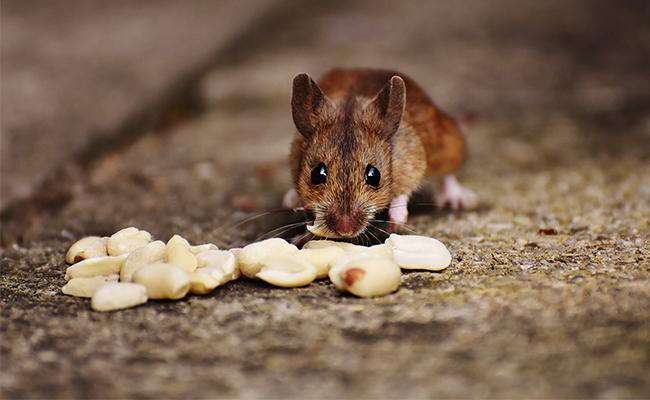Dog Pregnancy Calculator And Timeline
Rewards are crucial for learning. However, they may very well mask true intelligence. Recent studies demonstrate that Food rewards may, in fact, prevent scientists from understanding the true intelligence of animals.
Researchers determine animal intelligence during learning by their performance on the given cognitive tasks. This remains debatable, as such testing is disposed to contextual factors.
The performance during learning depends on the testing context, rather than basic knowledge is yet to be explored. Most knowledge research is centered on how humans and other animals learn ‘content’ or knowledge.
Is There Any Clinical Studies On Animal Treats?
A recent study by Johns Hopkins University revealed a contrast between knowledge and performance. It provided insight into how the environment can affect both.
When test subjects such as animals are given treats for completing tasks and learning, differentiating between animal’s knowledge and performance, as well as how they are influenced by the situation, becomes more complicated.
In other words, researchers have recognized that the presence of reward or treats can adjust how animals perform. It has been still uncertain how rewards have an effect on learning versus efficiency.
For instance, the difference between learning and efficiency (or knowledge and performance) can be explained by the difference between a student learning at his home and the same student demonstrating that information with others at school.
Or more simply, a student who demonstrates his knowledge of a subject while at home, but performs poorly on a quiz or test at school.
Clinical studies in the past had only focused on how animals learn ‘concept’ or knowledge.
This new study by Johns Hopkins University suggests that there are actually two parallel learning processes: one for content and one for context, or environment.
The scientists were aware that the presence of reward or reinforcement can change how animals behave.
But, it was indistinguishable how treats influence learning versus performance. Now, this study provides the answer. The results of this study reveal that treats are required for learning, but may actually mask true intelligence.
The study by the department of psychological and brain sciences in The Johns Hopkins University’s published in Nature Communications journal states.
That what we know at any given time can be different than what we show; the ability to access that knowledge in the right environment is what we’re interested in.
Animal Treats - Research And Result
The research team trained rats, mice, and ferrets on various tasks. They measured how accurately they performed the tasks with food treats and without any food treats or inducements.
During the first test, researchers trained the mice to use a lick tube to lick water after hearing a target tone. Also, they are trained to refrain from licking after hearing a different, unrewarded tone.
In the presence of the water reward, Mice took almost two weeks to be trained in this task. The performance was rated at a 50 percent clip while the lick tube (reward) was present.
When the team eliminated the lick tube (reward) completely, the mice carried out the duty at almost 90 percent accuracy.
The mice, consequently, seemed to recognize the task more easily (without reward) than they expressed knowledge with rewards.
To validate this finding with other tasks and animals, the researchers also:
- Trained mice to push a lever for water when they heard the target tone;
- Checked with rats to seek food in a cup if they heard the target tone, but refrain if a light appeared before the tone;
- Tried with rats to push a lever for sugar water when the light was presented before atone;
- Tried to find out whether ferrets distinguished between two different sounds for water.
In all these experiments, the findings suggested that animals performed better when treats weren’t available.
The lead author of this study Kuchibhotla said in a news release, “Treats, it seems, incrementally helps to improve learning, but they are sure to mask the intelligence the animals have actually accomplished, mainly in the early phases of learning.
Though the study was limited only to rodents and ferrets, the researchers stated that the study results are promising.




















